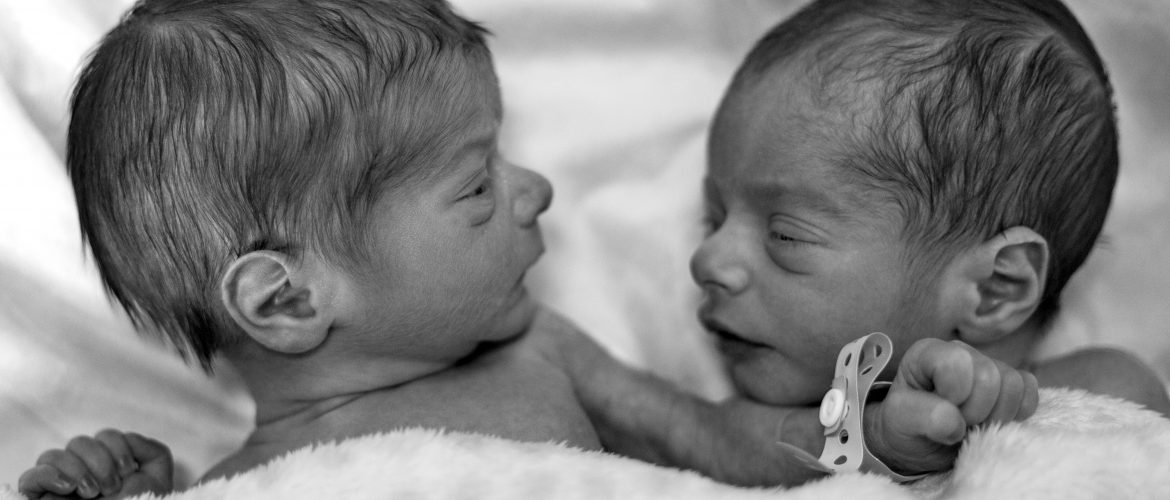A friend of mine developed a condition known as HELLP Syndrome, a life-threatening pregnancy complication, towards the end of her 26th week of pregnancy. The definitive treatment is delivery of the baby, meaning that her precious little boy was born at 27 weeks with a birth weight of 845 g (1 lb and 14 oz). He fought for his life and endured the foreign and stressful environment of the NICU for 92 days before he was discharged. Premature babies still have immature brains at birth, and their brain development needs to continue in the intensive care unit, a setting completely different to that of their mothers’ wombs.
That is why it is so exciting to read of the recent research demonstrating how music specially composed for preemies can strengthen the development of their brain networks and limit the neurodevelopmental delays which often affect them.
As the hearing system is functional early on, researchers decided to introduce pleasant and structuring auditory stimuli to the overwhelming surroundings of the NICU. Composer, Andreas Vollenweider, wrote three sound environments of eight minutes each, using the punji, harp and bells, after observing the calming effect of these instruments on agitated premature babies. The results were astonishing. When compared to a control group of premature infants and a control group of full-term newborns, the neural networks of the prem babies who heard Vollenweider’s music were significantly improved and the organisation of the brain networks was more similar to that of full-term infants.
Researchers will now conduct full cognitive and socio-emotional assessments on the first group of preemies enrolled in this project (currently aged 6 to 7 years) in order to determine whether the positive outcomes measured in their first weeks of life have been sustained.
Read more about this amazing research here:

